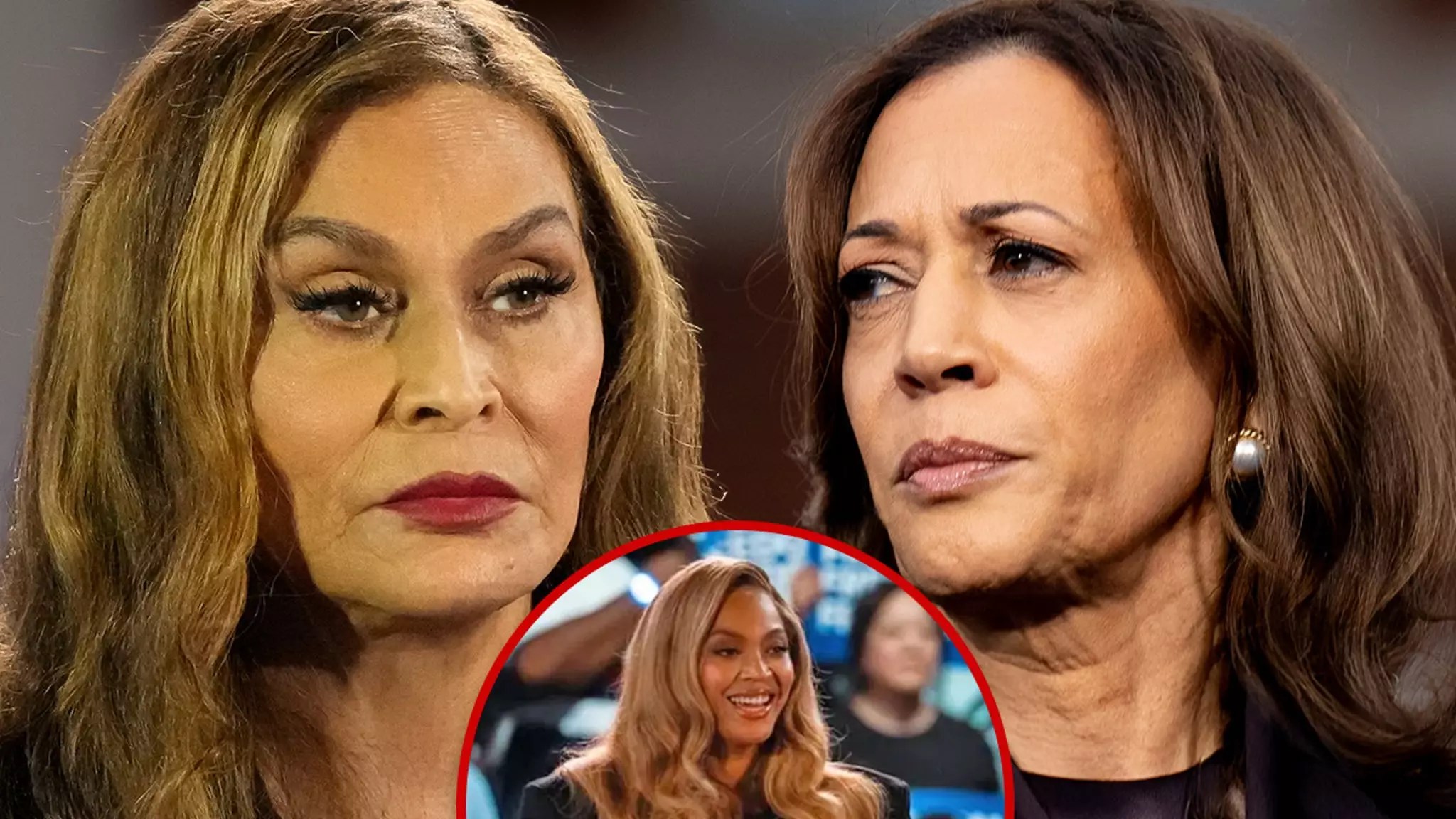Recently, Tina Knowles has come to her daughter Beyoncé’s defense amidst a swirl of false accusations suggesting that the pop icon received millions for her support of Vice President Kamala Harris. This misinformation ignited a firestorm on social media, leading Knowles to take a firm stance against what she described as “fake news.” In an Instagram post filled with fervor, Knowles clarified the facts surrounding Beyoncé’s involvement in Harris’s campaign.
Knowles emphasized that Beyoncé attended the Houston rally purely out of personal conviction and did not profit from the appearance. She strongly criticized various platforms for perpetuating the rumor that claimed Beyoncé was compensated $10 million for her show of support. According to Knowles, these allegations serve as an assault on both her daughter’s reputation and that of Vice President Harris, suggesting a troubling tendency for public figures to be misrepresented in a sensationalist manner.
The Ripple Effect of Celebrity Misinformation
This is not an isolated incident. Following the election loss of Kamala Harris, numerous celebrities, including John Legend and Oprah Winfrey, have also faced similar disputes regarding their endorsements. Legend praised Tina’s remarks and echoed the sentiment that artists should not expect financial compensation for advocating for their country’s future. This solidarity among high-profile personalities highlights a growing concern about the impact of misinformation within the public discourse surrounding political campaigns.
Oprah Winfrey, notably, found herself in the crosshairs of a similar claim, which alleged that she had been paid $1 million for hosting a rally on Harris’s behalf. Winfrey quickly refuted this assertion, affirming she received no financial gain for her involvement. Such situations underscore the precarious nature of celebrity endorsements, wherein public figures are often scrutinized, and their intentions are called into question based on misleading narratives.
The Importance of Clarifying Truth in the Age of Social Media
Social media plays an instrumental role in amplifying both accurate and misleading information, and the incident involving Beyoncé shows how quickly rumors can spiral out of control. Knowles’s decision to address the situation directly not only aimed to protect her daughter’s image but also to educate the audience on the importance of verifying facts before sharing content online.
This response serves as a reminder of the responsibility that comes with influence, both for public figures and consumers of information. As Tina Knowles cautions against the spread of “false information,” it emphasizes the need for everyone to engage critically with online narratives, recognizing that misinformation can damage reputations and distort public perception.
The battle against misinformation is a collective responsibility, and high-profile personalities like Tina Knowles are at the forefront of this fight. The narrative surrounding Beyoncé’s support for Kamala Harris is a stark illustration of how public figures can be misrepresented for sensationalism, potentially distracting from the serious matters at hand. As we continue to navigate a world rife with misinformation, it is crucial for celebrities, media outlets, and individuals alike to commit to transparency and truthfulness in their representations. By doing so, we not only protect reputations but also contribute to a more informed and engaged public.







Leave a Reply